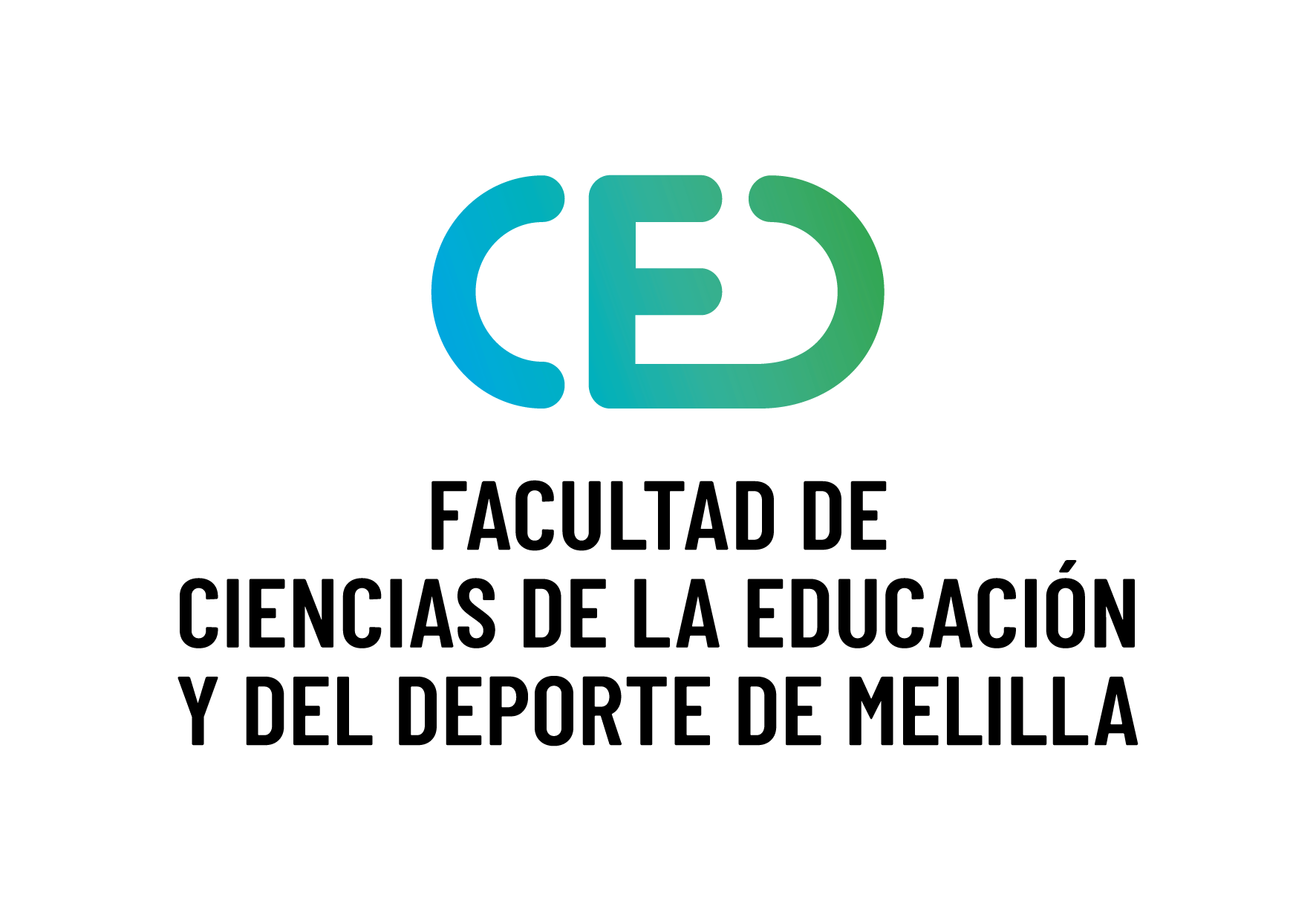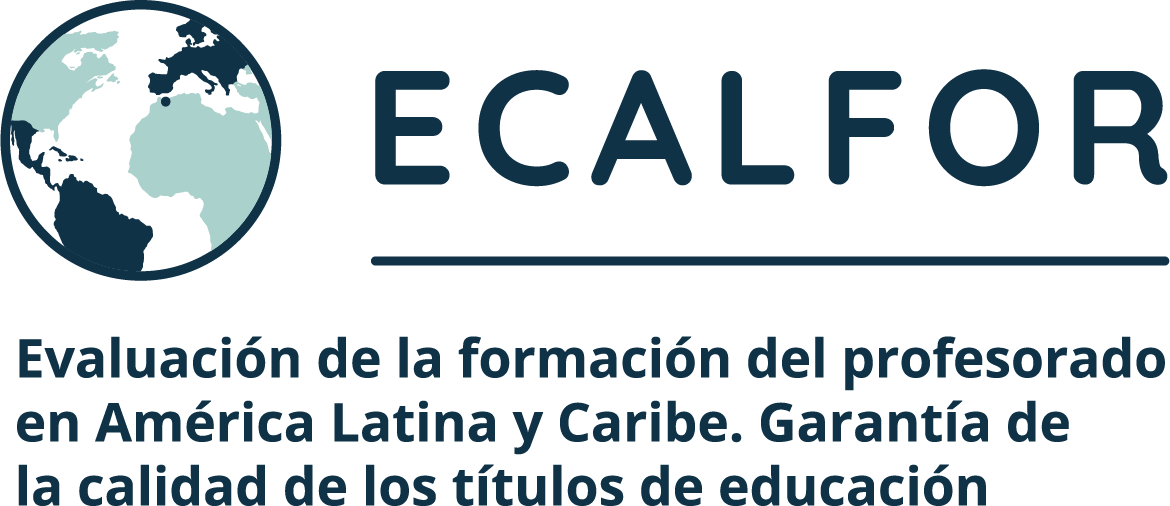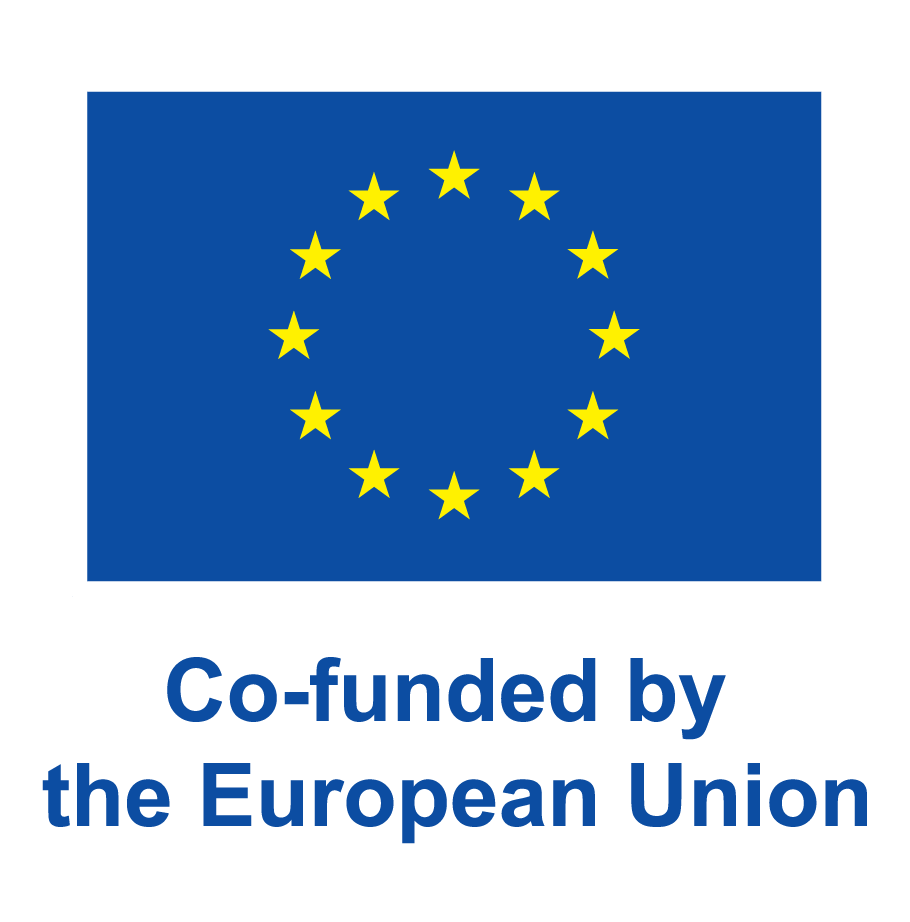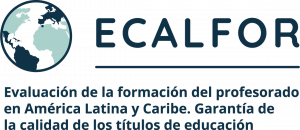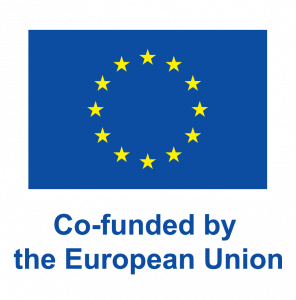The recognition that teacher qualification is the key to ensuring quality education is universal. The 2030 agenda of the United Nations establishes the training of teachers as one of the main goals to be achieved within Sustainable Development Goal number 4, so that “between now and 2030 the supply of qualified teachers must be considerably increased, including through international cooperation for teacher training in developing countries, especially least developed countries and small island developing states ”(United Nations, 2015, p. 20). Likewise, the latest report from UNESCO's Regional Office of Education for Latin America and the Caribbean (OREALC) (2013) establishes that “whatever the institutional arrangement and resources used by an educational system, its quality cannot be better than that of their teachers ”(OREALC-UNESCO, 2013, p. 13). It is concluded that a large part of the efforts should focus on the training of teachers to improve the level of the school system. The same report from UNESCO's Regional Office of Education for Latin America and the Caribbean (OREALC) (2013) identifies a series of critical issues in initial teacher training.
The member countries of the EU (Spain, Italy, France and Finland), countries of the program, although they start from common premises established within the European Higher Education Area (EHEA) in relation to aspects of structure and operation of university education They have diversity and autonomy from the Higher Education Institutions (IES) themselves. Although the quality assurance of higher education is determined by the European guidelines of ENQA European Association for Quality Assurance in Higher Education, which governs the operation of European universities, it is positive to analyze the protocols and instruments used by each institution in the evaluation of the different indicators and results of the quality of university training for compulsory education teachers. Likewise, the accumulated experience in quality assurance mechanisms and procedures in these countries can be transferred, adapted and contextualized to the partner countries through collaborative, horizontal and transnational work.
Regarding the partner countries of the consortium, the Latin American and Caribbean territory has very diverse training models and structures, with a high number of private HEIs compared to public HEIs, contrary to what happens in the EU. This fact is linked to a series of problems and needs.
